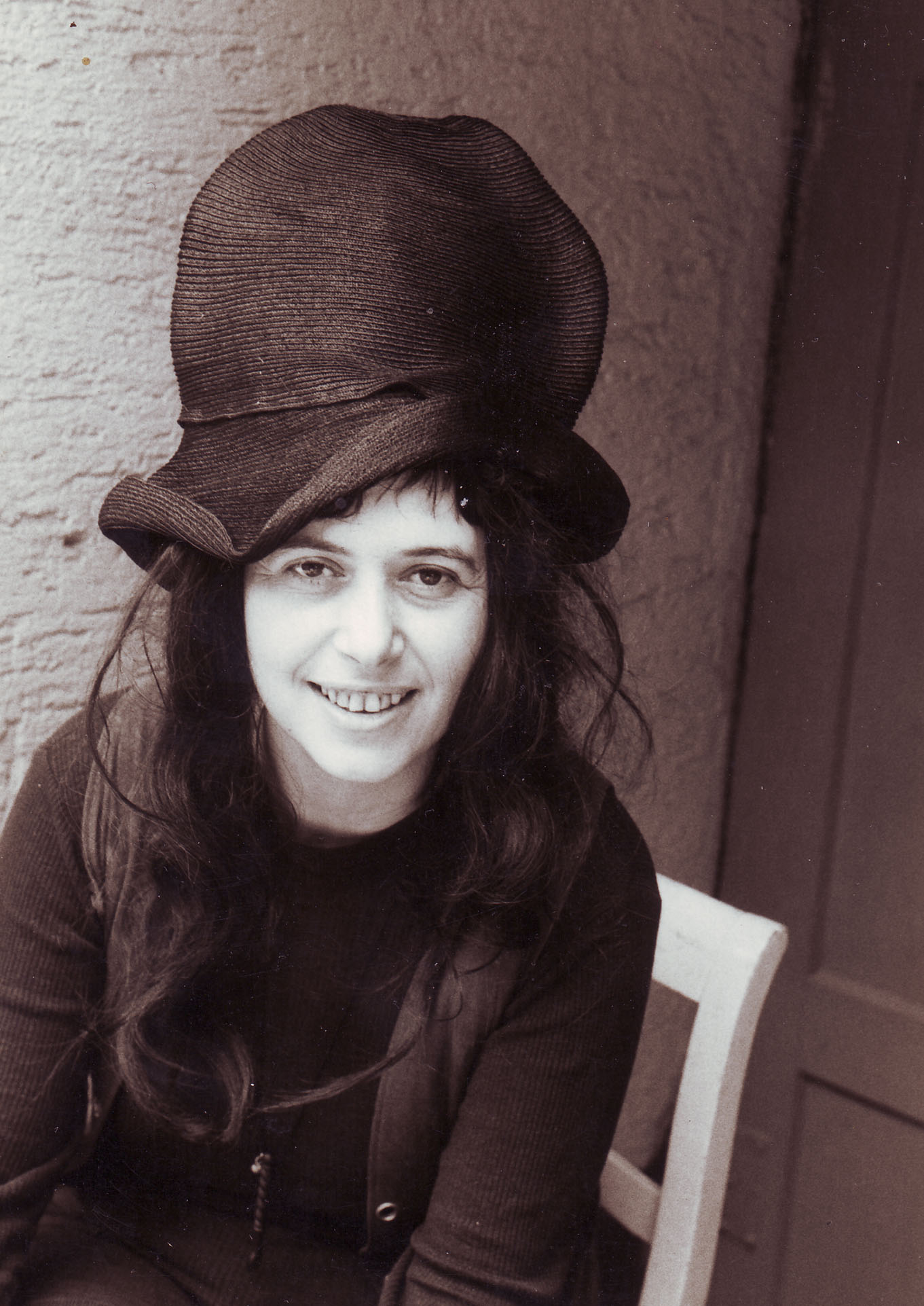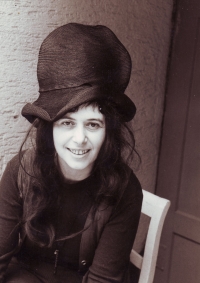Nine of my relatives died in the concentration camp

Download image
Věra Vítková, née Říčařová, was born on 25 April 1936 in Prague. Her father Ludvík Říčař ran a small advertising office in Celetná Street. Her mother, Emilie Říčařová (née Ledererová), who was of Jewish origin, died on 19 February 1943 in the Auschwitz concentration camp. After her mother’s deportation, her father moved her to his brother in the village of Moraveč in the Highlands, where she lived until 1946. In 1955, she graduated from the Higher School of Ceramic Arts in Bechyně and subsequently graduated in puppetry from the Theatre Faculty of Performing Arts. In 1959, she started working as a puppeteer at the Drak Theatre in Hradec Králové, where she worked until 1981. In 1967 she married the artist and carver František Vitek. In 1972 her son David was born. During her career, she appeared in many iconic productions, such as The Tale from the Suitcase (1965), Mowgli (1966) and Enspígl (1974). At the Drak Theatre, she also applied her artistic talents, creating sets for productions such as Tigger (1964) and Frog Hero (1968). After disagreements with the theatre’s management, the couple went “freelance” in 1981. After a miserable first year, they found a founder in the form of the Central Bohemian Art Agency and, thanks to the help of puppeteer Helga Brehme, they then performed mainly abroad with the legendary production Piskanderdulá. After 1989 they made guest appearances at the Archa Theatre and completed several foreign tours. In 2016, the Vítkovs received the Thalia Award for Lifetime Achievement. At the time of filming in 2024, the witness lived with her husband in Hradec Králové.









